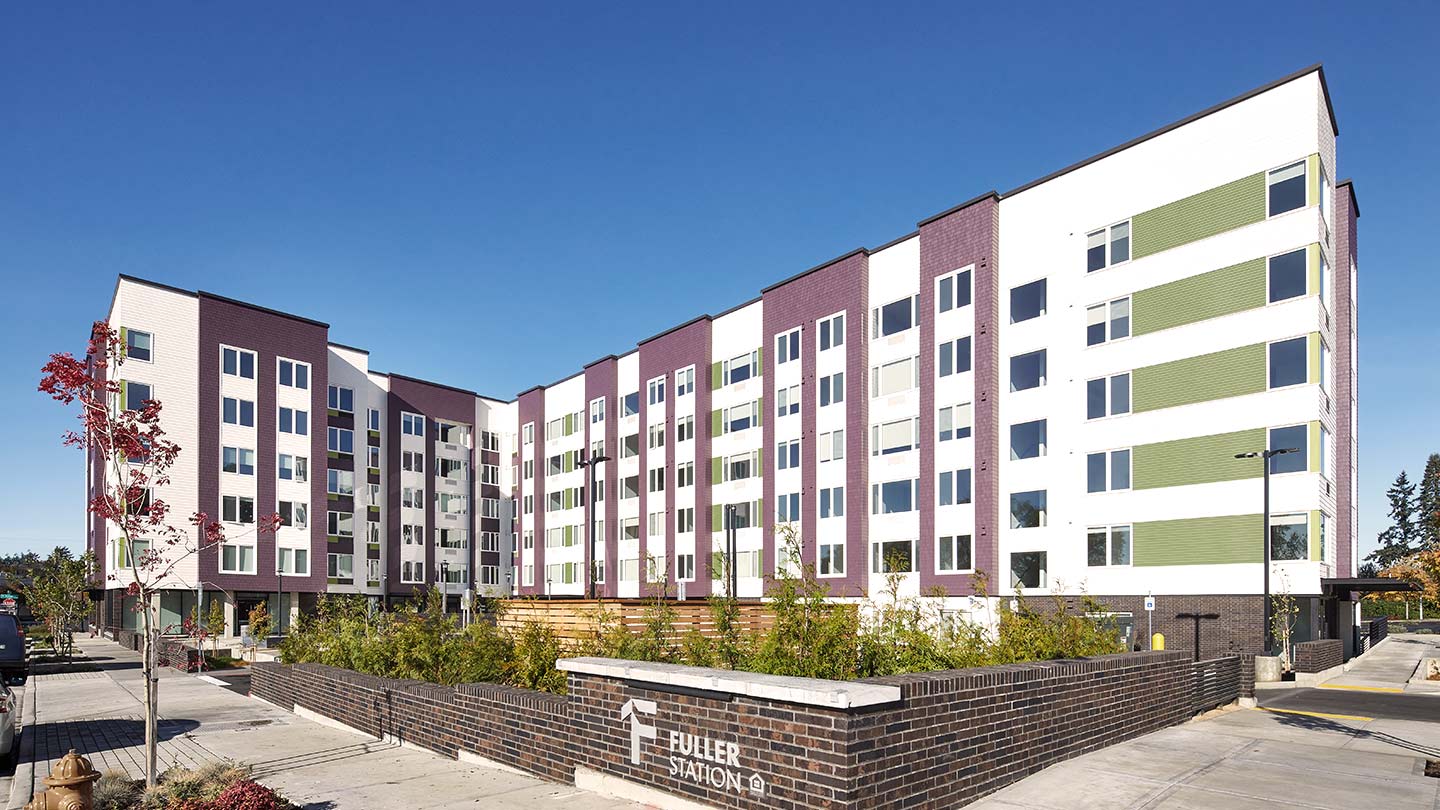
3 min read
There’s no shortage of multifamily investment strategies, including long-term holds, quick turnarounds and value-add investments. Regardless of the strategy multifamily investors choose, it’s critical that they optimize their portfolios to get the best results.
Portfolio optimization, defined
Commercial real estate portfolio optimization is the process of evaluating operations and assets to find efficiencies, reduce costs and maximize value.
“Portfolio optimization involves aligning your capital structure with your business plan and long-term investment thesis,” said Todd Linehan, Managing Director, Agency Lending at JPMorgan Chase. “That includes examining the actual performance of properties and looking at operational aspects in the context of how the investment is capitalized in terms of duration and rate variability.”
How portfolio optimization can align with investment goals
The first step of multifamily portfolio optimization is aligning assets to a business thesis, which could be:
- An investment plan focused on the short term may be a turnaround play where the investor purchases an apartment complex and repurposes the building to sell it. “In that instance, the borrower is going to want to have a capital structure that allows for flexibility over long-term rate certainty,” Linehan said. Specifically, the short-term borrower may look for a debt instrument with fewer restrictions around prepayment.
- A long-term investment thesis where the borrower plans to hold the property for years, rather than months, may not require that level of flexibility. Instead, investors may prefer to lock in the lowest rate available with fixed loans of 10 years or more and keep the property throughout the real estate cycle.
Portfolio optimization process
Identifying the investment thesis is the first step in optimizing multifamily portfolios. With their business goals in mind, investors can assess their portfolios, looking at whether or not assets align with their goals and how people, processes and technology may impact their multifamily portfolio.
Interest rates were near historic lows in 2021 and 2022, allowing investors to capitalize on the environment and purchase new properties. As these initial acquisition loans mature, the potential refinance proceeds aren’t always sufficient to pay off existing debt.
When they’re refinanced, these assets may require an equity infusion to meet the sizing requirements of the current rate environment.
“As borrowers consider how best to recapitalize these investments, they can look at bridge financing, raising preferred equity and exiting the investment altogether,” Linehan said. “JPMorgan Chase can help guide borrowers through these financing decisions and provide a wide range of options, including balance sheet and agency financing.”
How agency lending can help optimize portfolios
Rather than borrowing short term with a floating rate or taking out 10-year fixed-rate loans, many borrowers are opting for five-year or seven-year fixed-rate agency loans.
“It’s kind of a middle ground of getting rate certainty, while not being locked into that rate for quite as long as a period of time as our investors and borrowers had been in recent years,” Linehan said.
In the current economic environment, agency lending can benefit investors with flexibility and competitive rates.
“The government-sponsored nature of agency loans allows for an attractive pricing structure,” Linehan said. “As a result, Fannie Mae and Freddie Mac financing is generally the most cost-effective way to borrow for stabilized multifamily properties.”
Developing banking relationships to optimize portfolios
To achieve the greatest results, multifamily investors should look to their banking relationships. JPMorgan Chase can provide bank and agency financing for multifamily properties, as well as critical tools, such as treasury and payment solutions. The breadth of these services can help multifamily investors make the most of their portfolios and navigate the real estate cycle.
As you optimize your multifamily investments, remember to factor in any plans to scale your portfolio.







